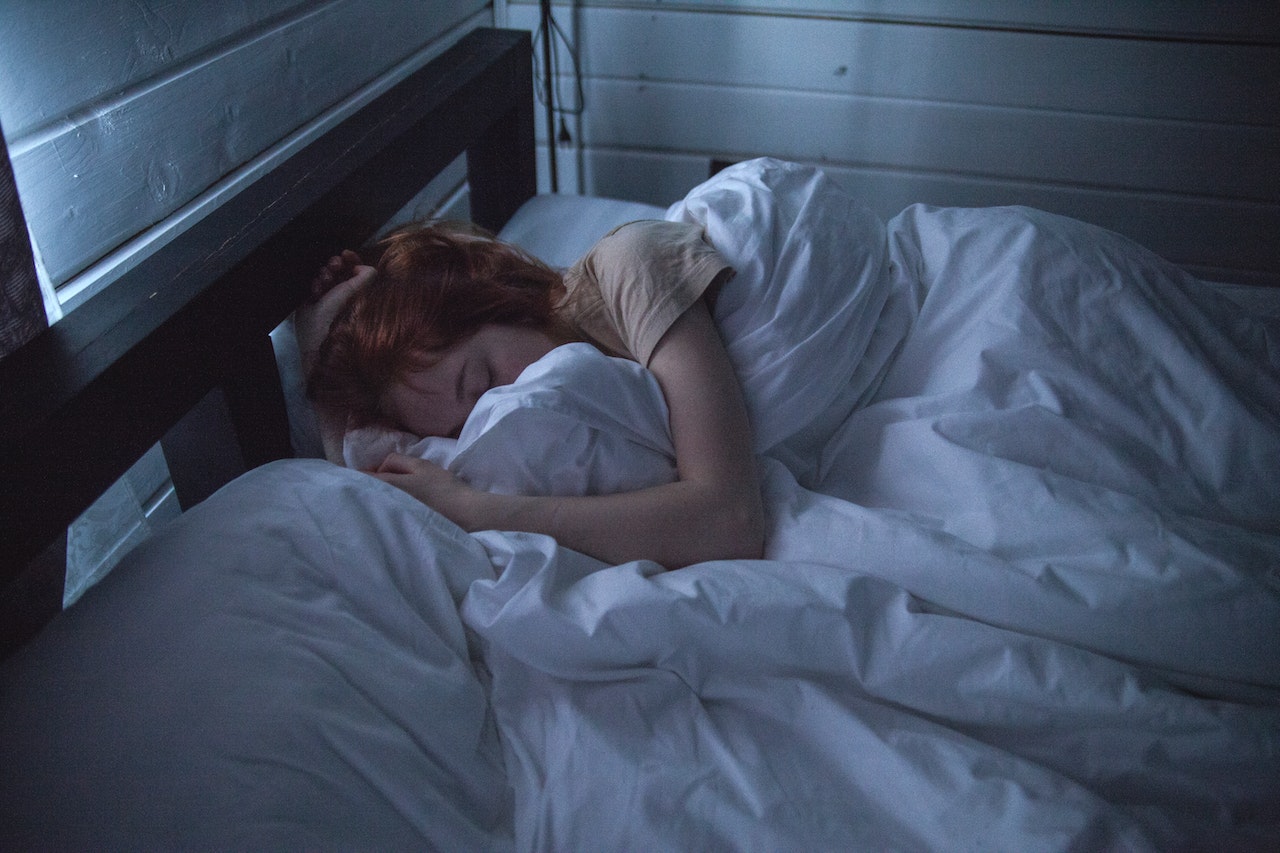How Sleep Deprivation Affects Your Wellbeing
Sleep is a fundamental aspect of our lives, contributing significantly to our overall health and wellbeing. However, in today's fast-paced world, sleep deprivation has become increasingly prevalent, affecting millions of people worldwide. In this article, we will delve into the profound impact of sleep deprivation on various aspects of our physical and mental health. By understanding the detrimental effects of inadequate sleep, we can take proactive steps to prioritise and improve our sleep patterns.
Understanding Sleep Deprivation
Sleep deprivation refers to the condition in which an individual consistently fails to get sufficient sleep. While the recommended amount of sleep varies based on age, most adults require seven to nine hours of sleep per night for optimal functioning. Unfortunately, factors such as hectic lifestyles, stress, and technology addiction have contributed to the widespread prevalence of sleep deprivation.
The Effects of Sleep Deprivation on Physical Health
Impaired Cognitive Functioning
Sleep deprivation can lead to impaired cognitive abilities, including reduced focus, attention, and problem-solving skills. This can adversely affect our performance at work, school, or in daily activities, leading to decreased productivity and efficiency.
Weakened Immune System
A lack of proper sleep weakens the immune system, making us more susceptible to infections and illnesses. Quality sleep is essential for the body to repair and rejuvenate, supporting a robust immune response.
Weight Gain and Obesity
Studies have shown a direct link between sleep deprivation and weight gain. Insufficient sleep disrupts the balance of hunger-regulating hormones, leading to increased appetite and a higher likelihood of overeating.
Cardiovascular Issues
Chronic sleep deprivation can contribute to the development of cardiovascular problems, including hypertension, heart disease, and stroke. It places undue stress on the heart and blood vessels, elevating the risk of cardiovascular complications.
Diabetes Risk
Sleep deprivation has been associated with an increased risk of developing type 2 diabetes. Poor sleep affects insulin sensitivity, leading to higher blood sugar levels and a higher likelihood of diabetes.
The Impact of Sleep Deprivation on Mental Health
Mood Swings and Emotional Instability
Inadequate sleep can lead to mood swings, irritability, and emotional instability. It impairs our ability to regulate emotions effectively, making it challenging to cope with stress and daily challenges.
Anxiety and Depression
Chronic sleep deprivation has a strong correlation with anxiety and depression. Sleep plays a crucial role in regulating mood, and the lack of it can exacerbate these mental health conditions.
Cognitive Decline
Prolonged sleep deprivation can contribute to cognitive decline and memory problems. It hinders the brain's ability to consolidate and retain information, impacting our learning and cognitive abilities.
Reduced Stress Coping Mechanisms
Sleep is essential for the body and mind to recover from daily stress. Without adequate rest, our coping mechanisms become compromised, leading to heightened stress levels and a reduced ability to handle pressure.
Tips for Improving Sleep Quality
Establish a Consistent Sleep Schedule
Try to go to bed and wake up at the same time every day, even on weekends. Consistency helps regulate your body's internal clock and improves sleep quality.
Create a Relaxing Bedtime Routine
Engage in calming activities before bedtime, such as reading, meditating, or taking a warm bath. A bedtime routine signals your body that it's time to wind down and prepare for sleep.
Limit Screen Time Before Bed
The blue light emitted by screens can disrupt your body's production of melatonin, a hormone essential for sleep. Avoid screens at least an hour before bedtime to improve sleep quality.
Optimise Your Sleep Environment
Ensure your sleep environment is comfortable, cool, and dark. Invest in a supportive mattress and pillows to promote better sleep posture.
Limit Caffeine and Stimulants
Reduce your consumption of caffeine and stimulants, especially in the afternoon and evening, as they can interfere with your ability to fall asleep.
Sleep is a precious commodity that profoundly impacts our physical and mental wellbeing. Sleep deprivation can have far-reaching consequences on various aspects of our health, from cognitive functioning to mental health. .
If you find yourself struggling with chronic sleep deprivation or sleep-related issues, remember that seeking help is essential to improving your overall well-being. Here at Talked, we provide the right assistance so that you can achieve lasting well-being and peace of mind. Don't hesitate to consult a healthcare professional or a sleep specialist who can provide personalised guidance and solutions. You can also try our unlimited free therapy consultations with our different therapists until you are able to find one that suits you best. Furthermore, if you’ve suffered a psychological injury at your workplace, you may be able to connect with a psychologist via our workers' compensation program.
By recognising the importance of quality sleep and implementing healthy sleep habits, we can significantly improve our overall well-being. Prioritising sleep is not a luxury but a necessity for leading a fulfilling and healthy life.







